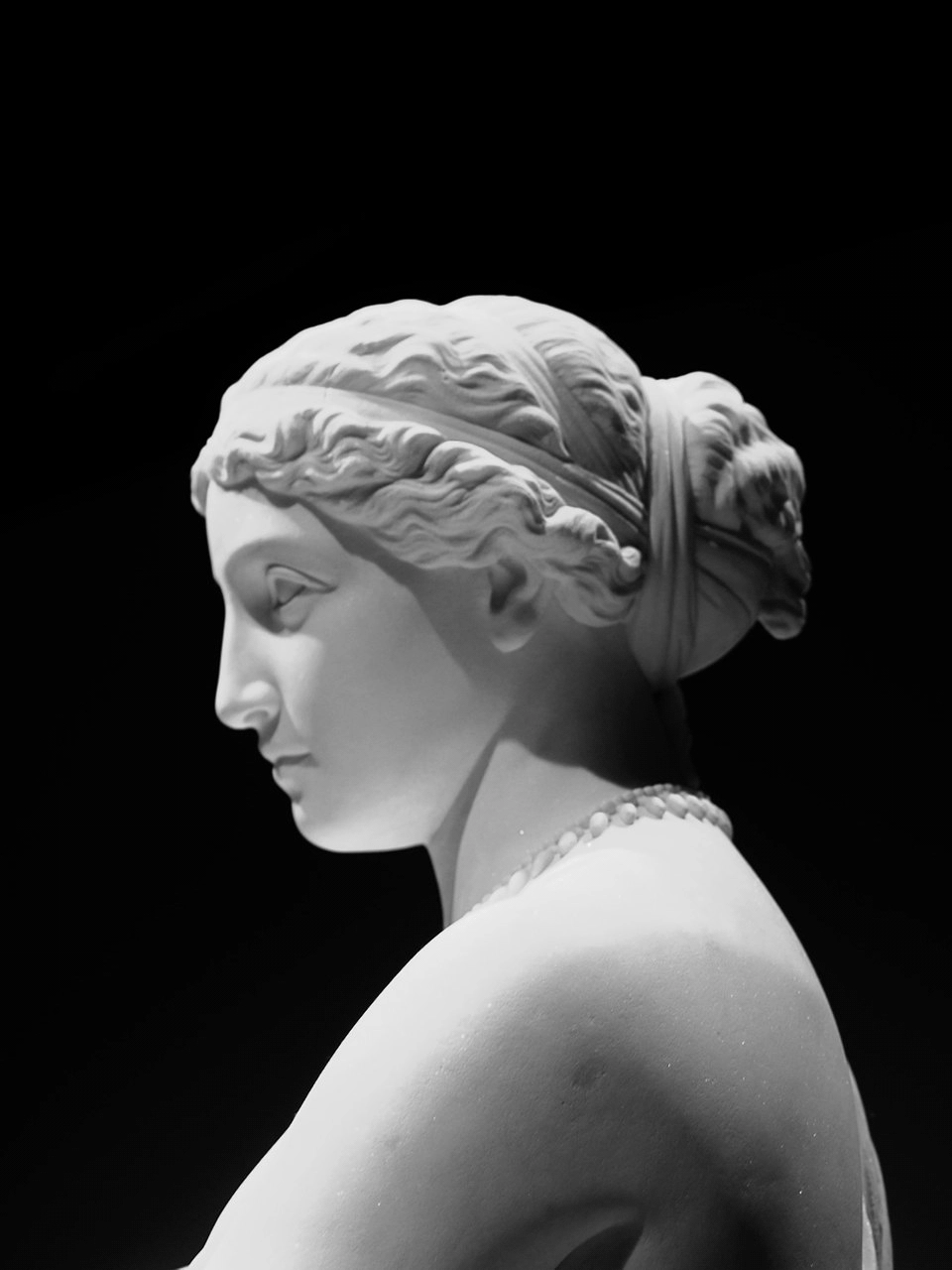
The Solitary House (called Tom-All-Alone’s in the UK) is a dark Victorian mystery that uses characters and plot points from two grand Victorian mysteries – The Woman in White by Wilkie Collins and Bleak House by Charles Dickens – to create its own riveting tale.
Charles Maddox is a young private investigator, an outspoken man who was fired from the police force after challenging an older and well-respected detective, Inspector Bucket. He’s scraping by, taking small jobs here and there, when he is summoned by a powerful attorney, Edward Tulkinghorn, to find the writer of some threatening letters sent to one of Tulkinghorn’s clients. With hopes of making important connections, Charles takes the job though he is wary of Tulkinghorn’s shady reputation. He quickly finds the letter writer, but he still becomes embroiled in a murderous and dangerous scheme when he realizes that Tulkinghorn has lied to him.
At the same time, Charles’s uncle, called Maddox, is rapidly degenerating into dementia so Charles moves in with him to help care for his admired uncle. Maddox was once a detective himself and taught Charles most of what he knows.
There is also a parallel plot line involving a young woman, Hester, who lives with her Guardian and several other young ladies in a peaceful country setting. At first, I was perplexed by this separate narrative, but Shepherd deftly connects the two stories together before the end of the novel.
There is a lot going on in this book. There are lots of little diversions that are all really interesting and, though hard to describe, they are not confusing to read about. I highly enjoyed the Victorian setting, the description of the gloomy, dirty and seedy London underworld and the glimpse into how the police operated in the 1850’s.
Fortunately, you don’t have to have read either The Woman in White or Bleak House to understand the plot or to appreciate the story. I have read The Woman in White, but did not catch very many of the references to its plot. I recognized many more details and characters from Bleak House, though I have only seen the tv adaptation!
Excluding Mary Stewart, this is the first suspense novel I’ve read in 2012 and it made me realize how much I like and miss the genre. Have you read any exceptional suspense novels lately?

Leave a comment